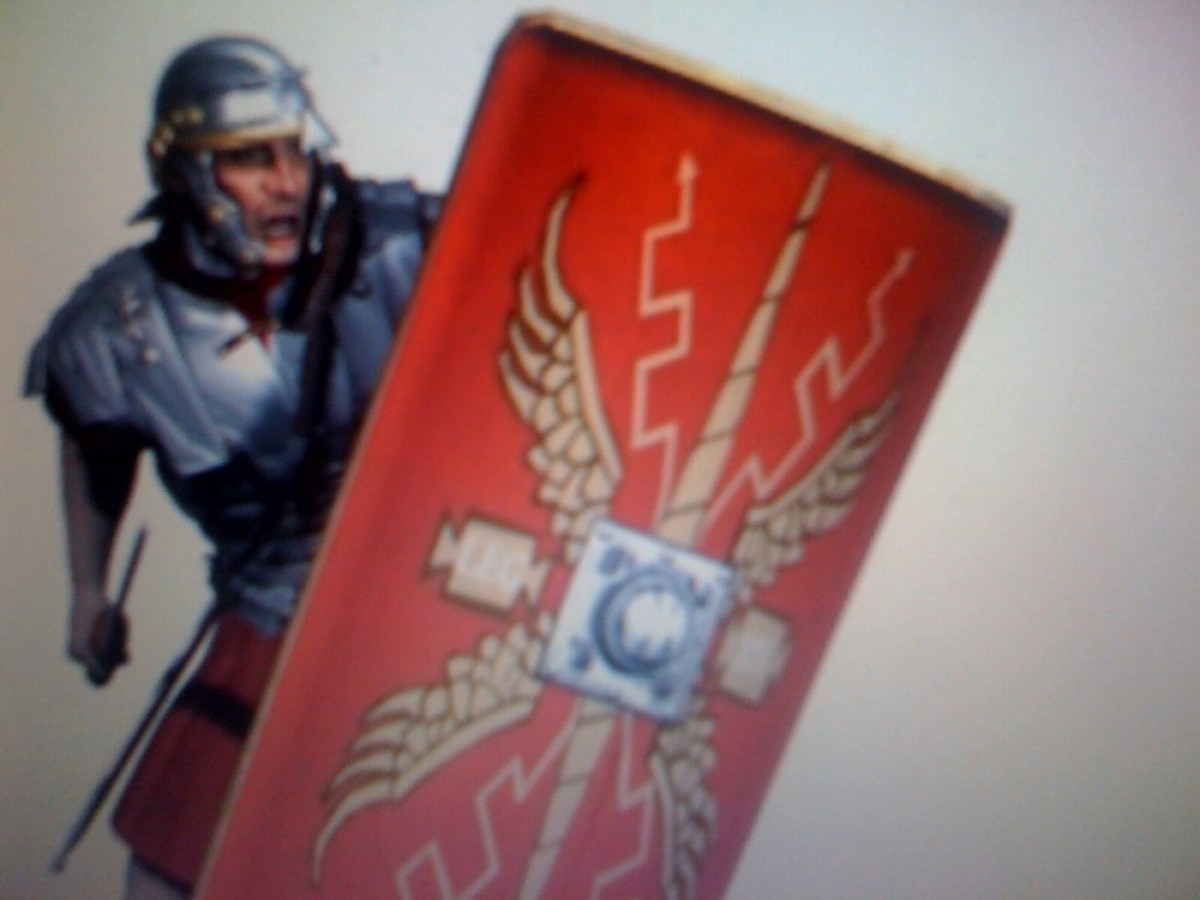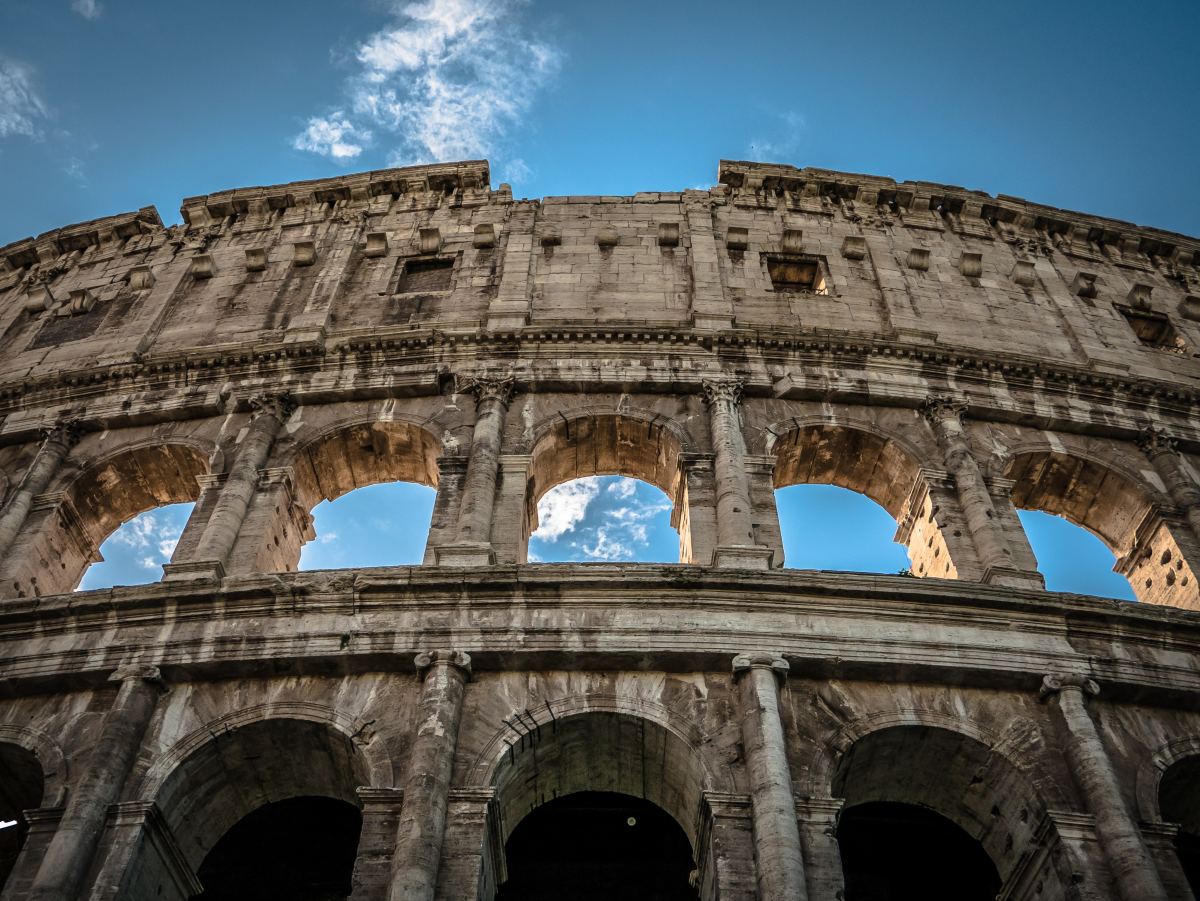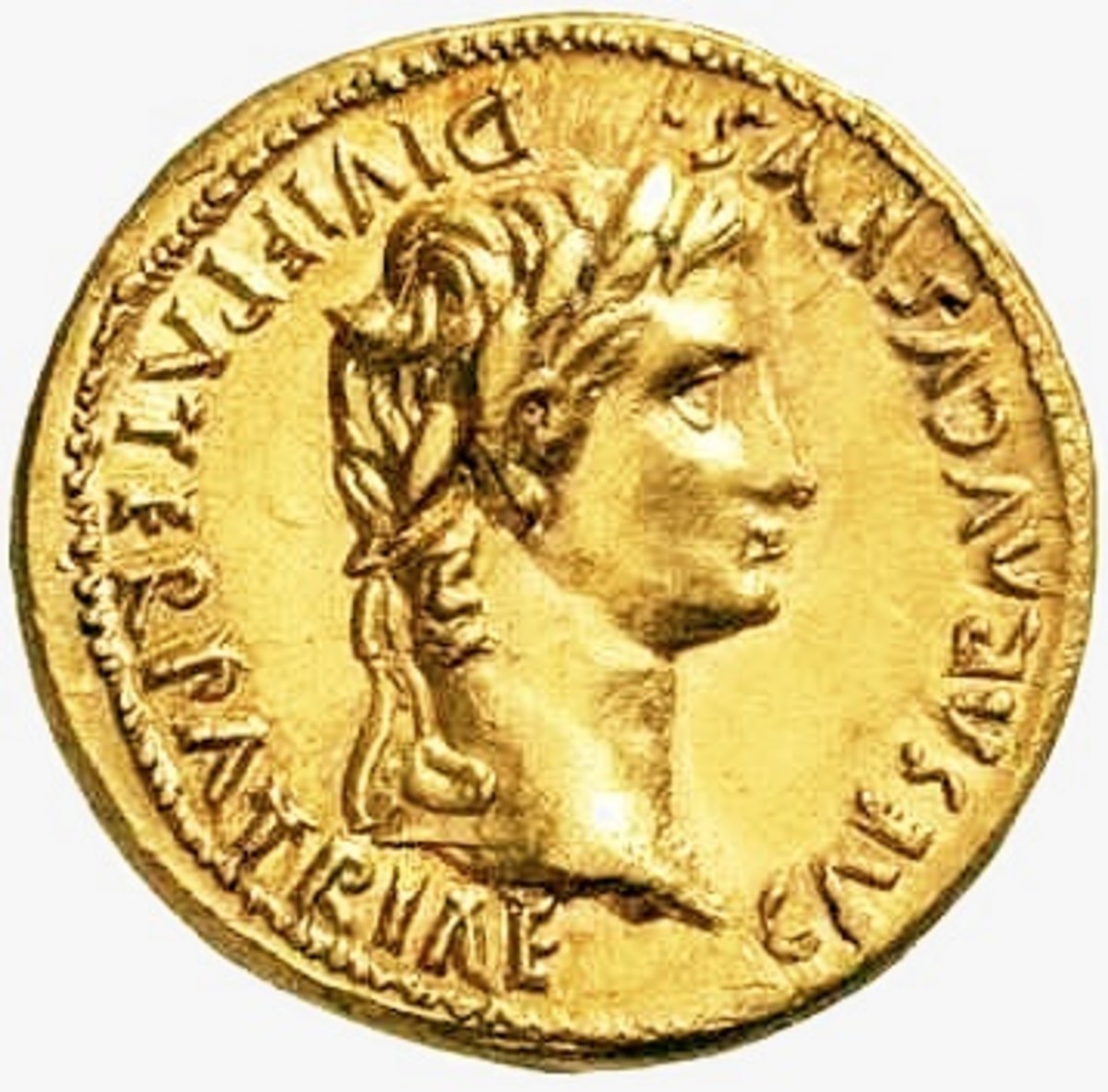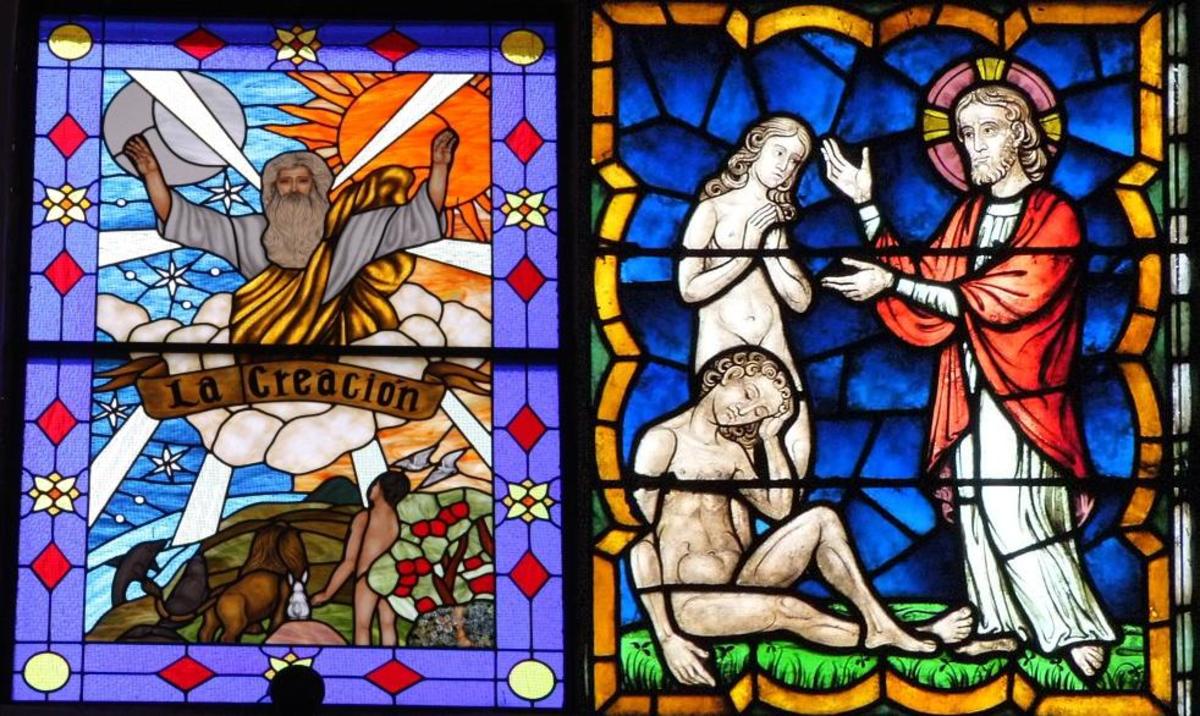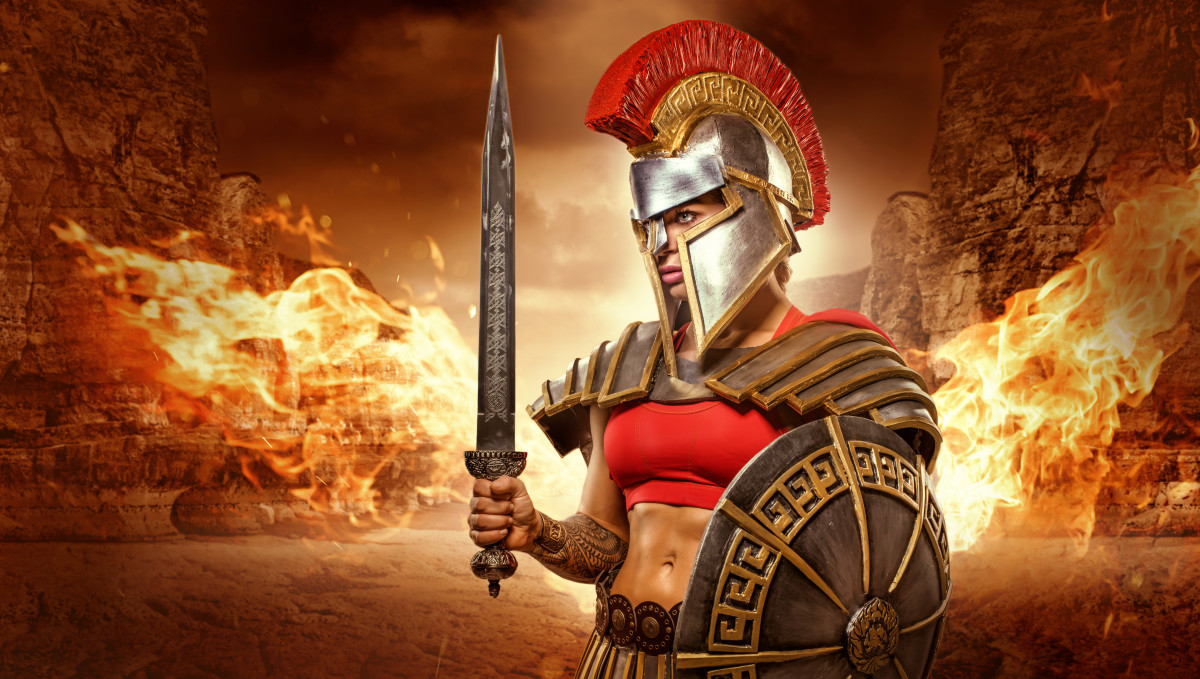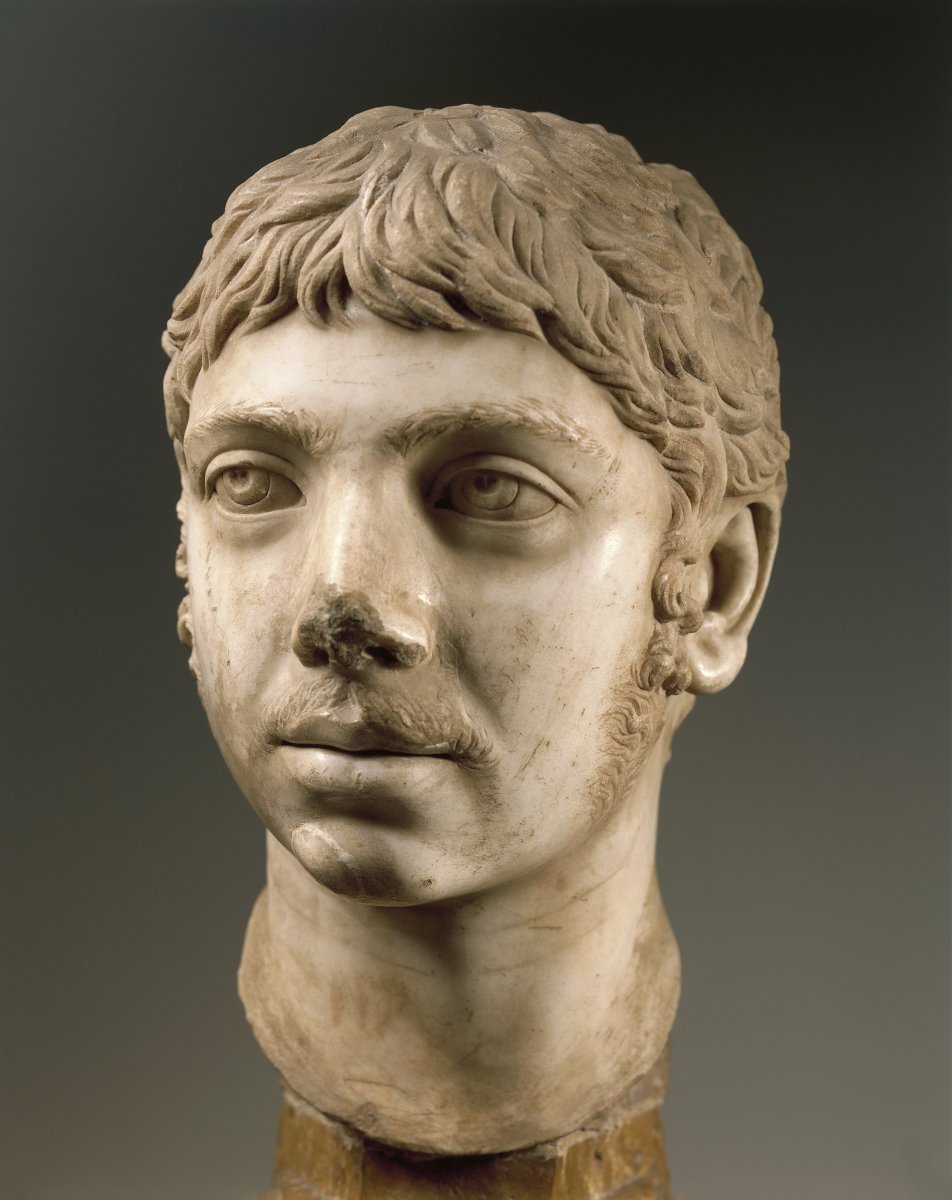- HubPages»
- Education and Science»
- History & Archaeology»
- Ancient History»
- Greek & Roman History
Christians in the Roman Empire

What is Christianity?
Christianity is a monotheistic religion based on the life and teachings of Jesus Christ. A Christian is a believer in these teachings, someone who studies the life of Christ. A Christian strives to be Christ-like, which means to live as Christ did, loving others and spreading the news about what Jesus did for the world, which was dying on the cross for the sins of all people. Christians were a minority for centuries in Roman times, but today Christians make up one third of the world’s population of almost seven million people (Global Christianity). Except in countries where religion is a free choice, Christians are still being persecuted for their beliefs. The beginning of Christianity as a new religion, and the persecution and martyrdom of Christians in the Roman Empire contributed to the worldwide success and belief of Christianity today.
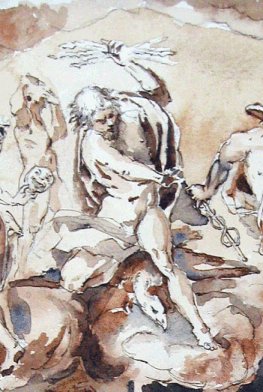
Roman gods vs. Christian God
Christians believe that Jesus Christ was the Son of God, who came to the world as a baby born to the Virgin Mary, whose life purpose was to ultimately die for the sins of everyone while all were still unclean. The purpose of this was to be the living sacrifice for sin, the perfect, blameless Lamb of God, and the difference between eternity in Hell, and eternal life in Heaven through accepting this sacrifice. In the times of the Roman Empire, simply believing in these simple principles was not easy for people who strongly believed in gods like Zeus and Jupiter, who needed regular sacrifices in order to be kept happy (Hunt 164). The Romans were rooted firmly in their religion, believing that when the gods were honored, the people would receive benefits like protection and maintenance of the great empire (139). When the Christians began refusing to participate in the traditional Roman religious rituals, the Romans began to fear the gods because of the presence of the disobedient people (164). This tension led Christianity to be called, “…the most significant development in roman history…” (Hunt 181).
Fear Leads to Persecution
Before Christianity became its own religion, it was tied to Judaism. This was because of limited Roman tolerance to Jews practicing their own beliefs in order to help keep peace in a somewhat troubled empire. When the Jewish temples in the main religious city of Jerusalem were devastated, Christianity came to be a new, distinct religion. This new religion was not readily accepted, and would not be for many centuries in most parts of the world. Christians were viewed as disloyal, betraying tradition by refusing to worship the gods of the polytheistic Roman people. Because of the tension Christianity created, Christians were seen as a threat to the government and the non-Christian Roman citizens for fear of experiencing the wrath of the gods because of the Christians living among them. This fear led to the brutal persecution of Christians for their following of Jesus Christ, believing that He died on the cross and rose again by the power of the only living God (Hunt 182).
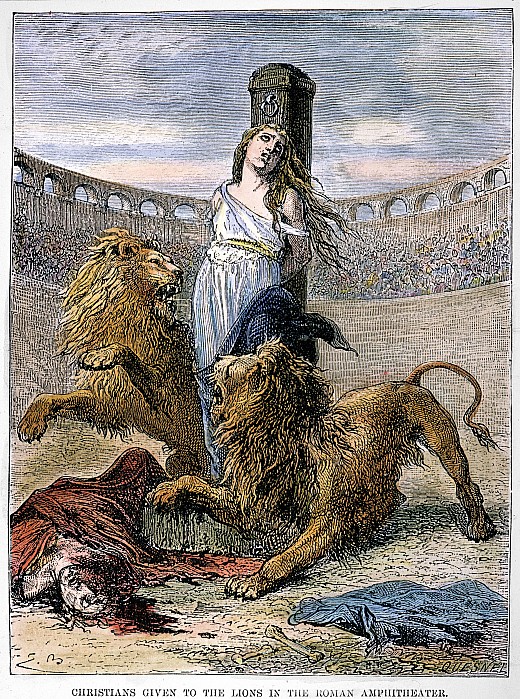
Violence and Martyrdom
As mentioned, Christians were persecuted for the perceived act of treason in betraying the traditions of the Roman Empire. They were also punished for suspicion of cannibalism and incest by outsiders observing the Christian ritual of honoring the sacrifice of Jesus’ body, given for the remission of sins. This act was known as the, “Love Feast,” and is known contemporarily as Communion (Lunn-Rockliffe). During this rite, men and women would gather together to break bread and drink wine that represented the body of Christ. It was misunderstood as the eating of an actual body, while also being sexually sinful (Hunt 182). This misunderstanding of Christianity led to death, which was usually violent. Some Roman emperors, like Nero, who ruled from 54 A.D. until his death in 68 A.D., would order all Christians to be, “…rounded up and killed…” because of suspicions like the Love Feast, treason, and other turmoil that was logically not influenced by the Christian people. (Lunn-Rockliffe). These violent deaths would be anything from being ripped apart by animals, stabbed, beheaded, or burned alive. The bodies of those burned alive would sometimes be used as streetlamps to light the cities by night (Hunt 183). This is an interesting symbol of the way Christians view themselves as the light of the world. The true Christians never wavered in their faith. A popular test given to Christians to prove their faith was administered by presenting a captured Christian with an extreme ultimatum that consisted of the choice to either sacrifice to the gods, denying Christ, or die (Hunt 163). Most Christians jumped at the chance to become a martyr for God, and chose death.
Prevailing Faith
For the Roman government, it was difficult to understand and accept the concept of putting religion above government traditions and rule. Because order could not be restored in Rome during the third century, despite the constant persecution of Christians, Romans blamed Christianity for interfering with support from the gods (Hunt 192). Christians tried, to no avail, to convince the Romans that they did not need to fear Christianity because it was rational, moral, and respectful. Although Christianity endured brutal hardships and persecution, it continued to grow slowly over the centuries. With faith in the only living God, Christianity succeeded in spreading the message from its difficult beginnings in Rome to the world.
References
Works Cited
“Global Christianity: A Report on the Size and Distribution of the World’s Christian Population.” The Pew Forum on Religion and Public Life. Pew Research Center. 2010. Web. 15 Sept 2012. <http://www.pewforum.org/Christian/Global-Christianity-exec.aspx>
Hunt, Lynn, et. Al. The Making of the West: Peoples and Cultures, Volume I: to 1740. 3rd ed., Boston, MA: Bedford/St. Martin’s, 2009.
Lunn-Rockliffe, Dr. Sophie. “Christianity and the Roman Empire.” B.B.C, 17 Feb 2011. Web. 15 Sept 2012. <http://www.bbc.co.uk/history/ancient/romans/christianityromanempire_article_01.shtml>

